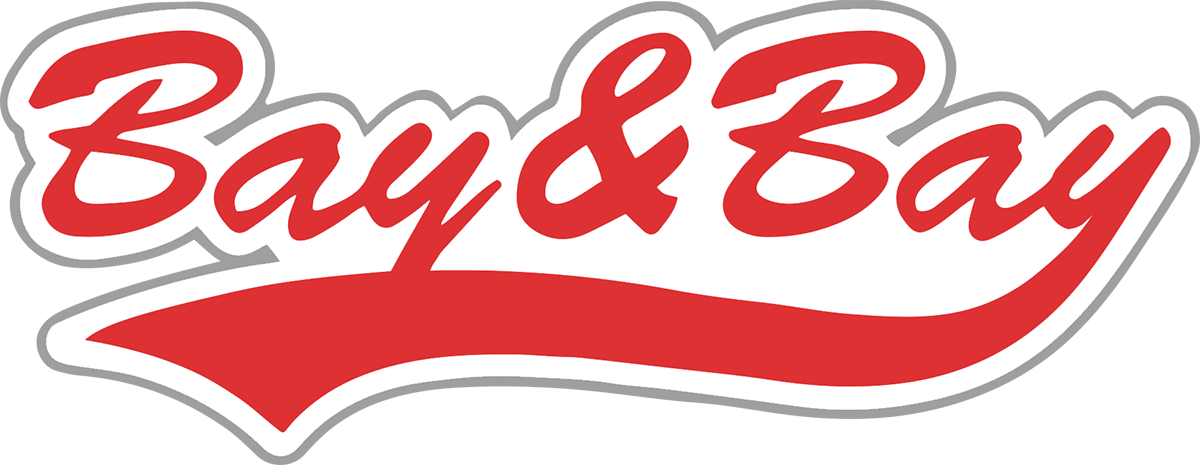By nature, the logistics and supply chain industry depends on healthy relationships. In the realm of logistics and supply chain, market players can form solid connections to build long-term partnerships. Interestingly, these relationships and connections can be internal, transactional, strategic, and tactical. In the end, it’s about the dynamic of the relationship that optimizes supply chain and logistics processes. Because of this, strong relationships are crucial in the supply chain and logistics industry.

Importance of Relationships in the Supply Chain & Logistics Space
In the contemporary logistics community, there are active efforts to create a balance in different supply chain processes. For starters, 3PL enterprises offer integrated and centralized logistics services that work wonders for companies.
One of the main reasons to leverage logistics and supply chain relationships is to value individual efforts and reward top talent. More collaborative logistics efforts allow key members to realize their full potential and form a strong bond with the company. Strong relationships are crucial in the supply chain and logistics industry because it is an effective way to get a competitive edge and strengthen a supply chain and logistics partnership.
When there is a transparent and healthy relationship, companies can push the limits of their supply chain process. It also propels companies to focus on the most effective supply chain and logistics methods. Most companies now understand that proactive approach and time to build solid relationships in the supply chain and logistics industry.
Supply Chain and Logistics Framework
Collaborative efforts allow companies to create a solid supply chain and logistics framework. Companies can structure this dedicated framework to foster more interactions and provide more value to their targeted customers.
Oftentimes, supply chain and logistics run into geopolitical hurdles, and robust supply chain and logistics relationships can come to the rescue when market conditions get worse. In some connections, multiple supply chain and logistics parties create support for each other to avoid imbalance.
Similarly, if there is a product or service agreement in place, a solid framework can make it easier to spot key suppliers and vendors. When solid B2B relationships, you can form more grounded and clear expectations. In fact, when supply chain and logistics relationships are mutually beneficial, it helps both parties to improve their internal connections.
Final Words
Today, major logistics players concur that positive relationships can directly influence the supply chain process and delivery mechanism. And the last thing businesses should do is undermine each other. No matter how advanced the supply chain and logistics become – the foundational element revolves around relationships.
But to build solid relationships, organizations first have to review mutual benefits and assess the qualities that can work in their favor. As supply chain and logistics evolve, robust partnerships can simplify complicated processes. In hindsight, sustainable relationships require investing in the success of your supply chain process rather than betting against other competitors.
